Cats, with their enchanting purrs and mysterious ways, are masters at masking discomfort. Unlike humans, they can’t vocalize when something is amiss. For cat owners, deciphering their feline friend’s subtle signs of illness can mean the difference between a quick recovery and something more serious. Understanding these signs can help you provide timely care and comfort to your furry companion. In this article, we’ll explore six key indicators that your cat might be feeling unwell.
Change in Appetite
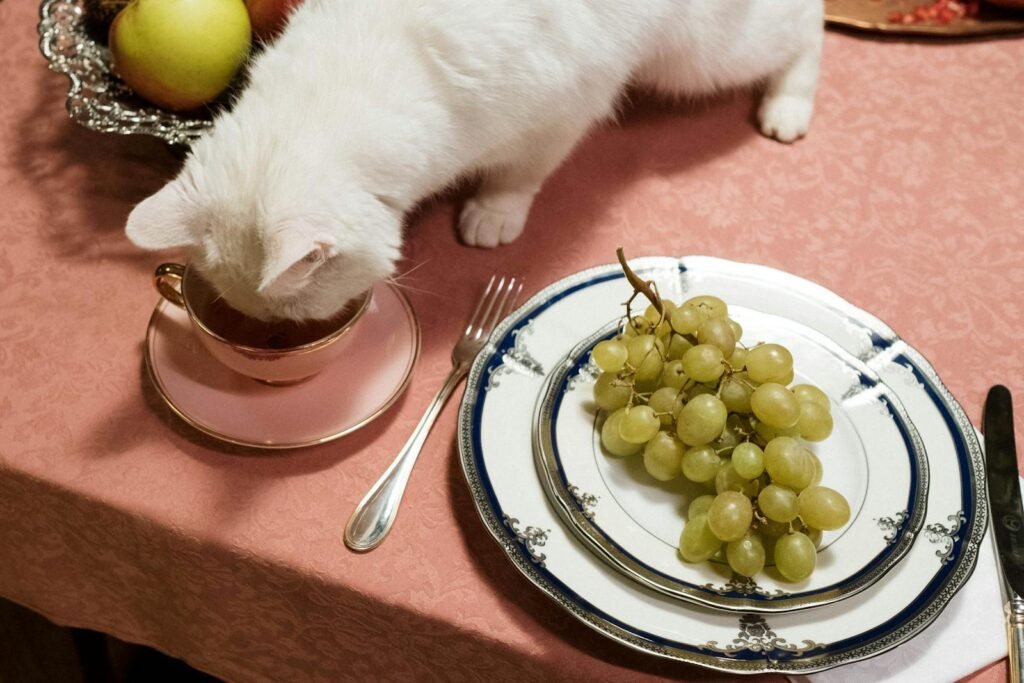
One of the most noticeable signs that your cat may be feeling unwell is a change in their eating habits. Cats are creatures of routine, and any sudden disinterest in food or a voracious appetite could be a red flag. Just like in humans, appetite changes can stem from a variety of health issues, ranging from dental problems to more serious conditions such as kidney disease or diabetes. If your feline friend refuses to eat for more than a day, it may be time to consult your veterinarian.
Altered Litter Box Habits
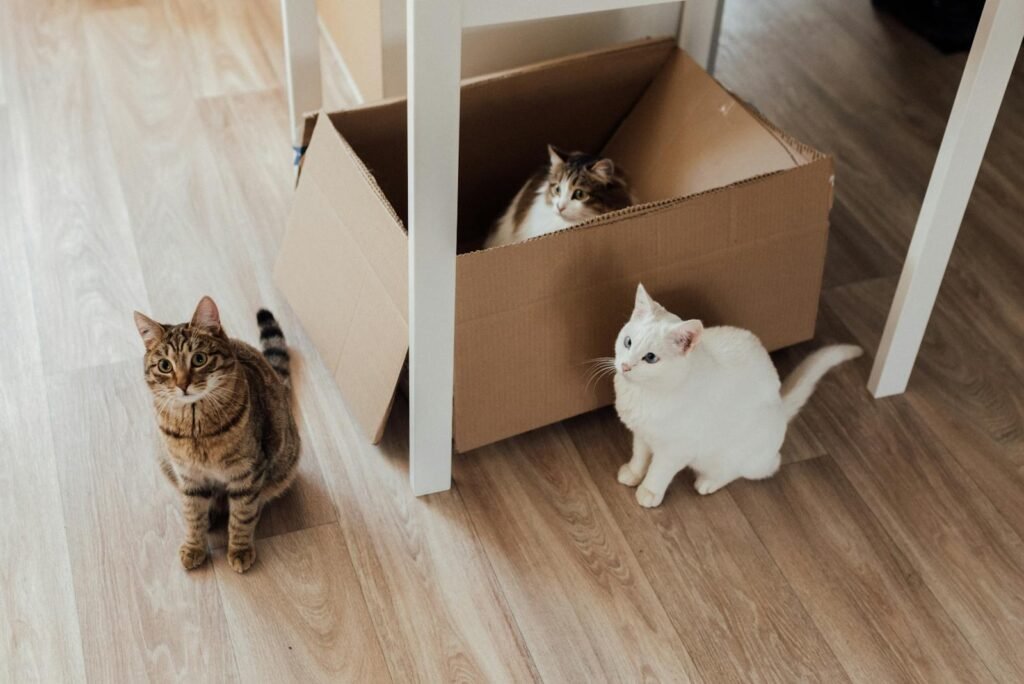
A sudden change in your cat’s litter box behavior could indicate health problems. Cats are typically clean animals that prefer to bury their waste. If your cat starts to miss the box or stops using it altogether, it might be a sign of a urinary tract infection, constipation, or behavioral problems stemming from stress or discomfort. Monitor the consistency of what is left in the box as well; diarrhea or difficulty urinating might need immediate veterinary attention.
Lethargy or Decreased Activity

Every cat has their unique energy levels, but any unusual lethargy or prolonged periods of inactivity can be a sign of illness. If your cat seems reluctant to move, play, or even respond to stimuli such as toys or treats, it might be experiencing pain or discomfort. Conditions like arthritis, viral infections, or anemia can cause such behavior. A sudden drop in energy often warrants a thorough check-up by a veterinarian.
Excessive Grooming or Changes in Grooming Habits
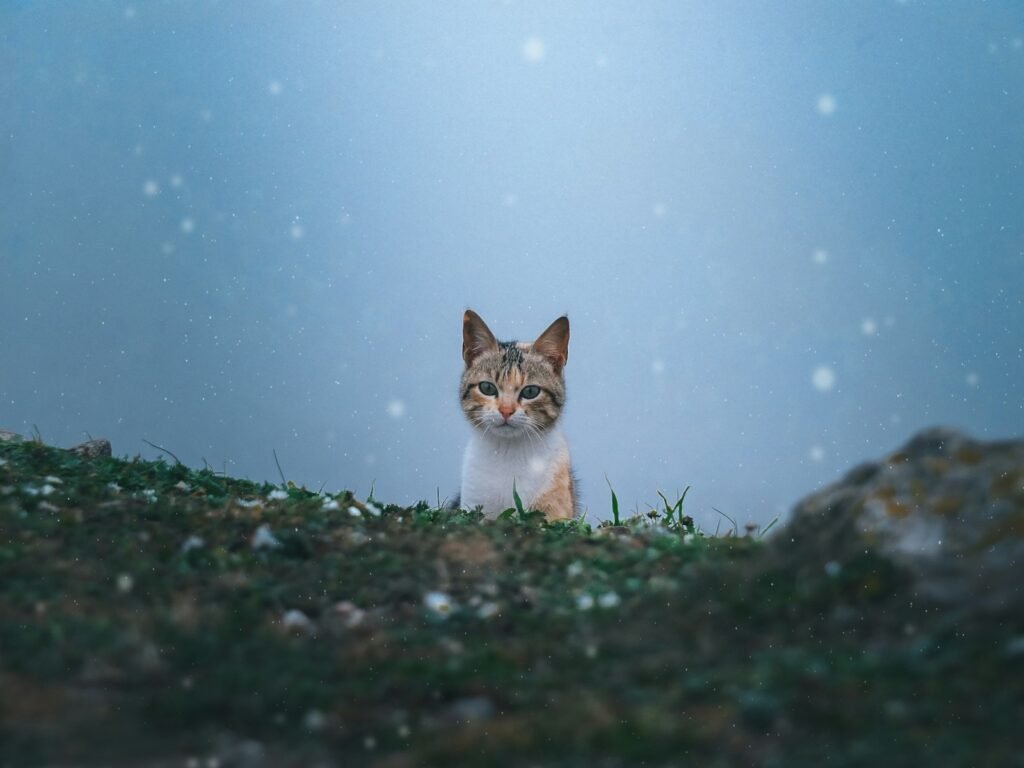
While cats are known for their meticulous grooming routines, an uptick in this behavior—especially to the point of creating bald spots—might indicate skin problems, allergies, or parasitic infections like fleas or mites. Conversely, a decrease in grooming could suggest arthritis pain or dental issues making the activity uncomfortable. Both scenarios should prompt a closer inspection of your cat’s skin and coat condition.
Vocalization Changes
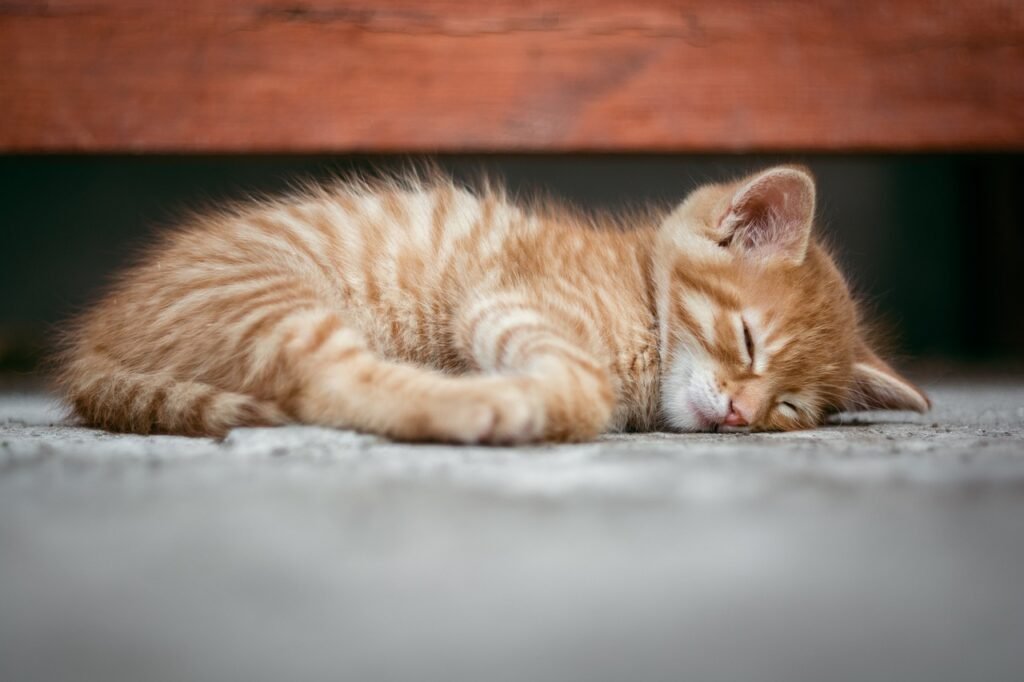
Cats often communicate through vocalizations, and any changes in their usual pattern may provide clues about their health. Increased meowing could reflect pain or distress, while a sudden silence from an ordinarily vocal cat might denote discomfort. Even subtle changes, such as a hoarse meow, can indicate respiratory issues or throat discomfort requiring evaluation.
Weight Changes
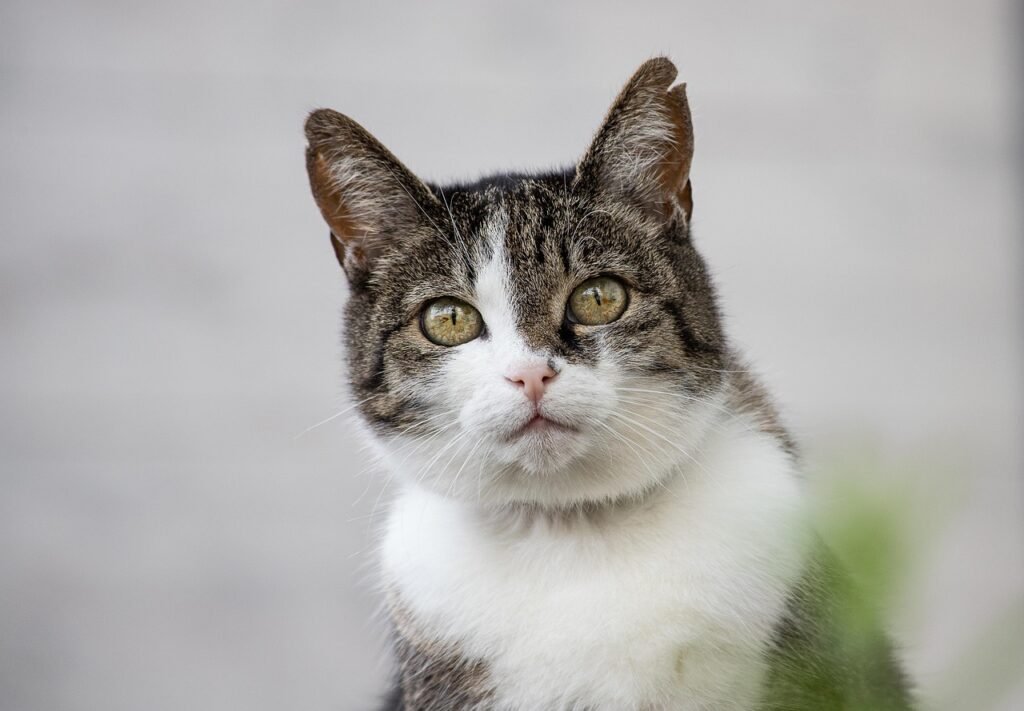
Significant weight loss or gain over a short period is another warning sign. Unexplained weight loss can be linked to hyperthyroidism, diabetes, or gastrointestinal disorders, while rapid weight gain might signal endocrine disorders or overfeeding. Regularly weighing your cat at home can help you track any concerning changes and discuss them with your vet.
In conclusion, recognizing these subtle signs of illness in your cat can lead to prompt and effective veterinary care, enhancing their quality of life. As a pet owner, being attentive and proactive is key to keeping your feline friend healthy and happy. Always remember, when in doubt, it’s better to seek professional advice than to overlook potential health issues. With attentive observation and loving care, you can ensure your cat enjoys a long, healthy life.
Hi, I’m Bola, a passionate writer and creative strategist with a knack for crafting compelling content that educates, inspires, and connects. Over the years, I’ve honed my skills across various writing fields, including content creation, copywriting, online course development, and video scriptwriting.
When I’m not at my desk, you’ll find me exploring new ideas, reading books, or brainstorming creative ways to solve challenges. I believe that words have the power to transform, and I’m here to help you leverage that power for success.
Thanks for stopping by, Keep coming to this website to checkout new articles form me. You’d always love it!






